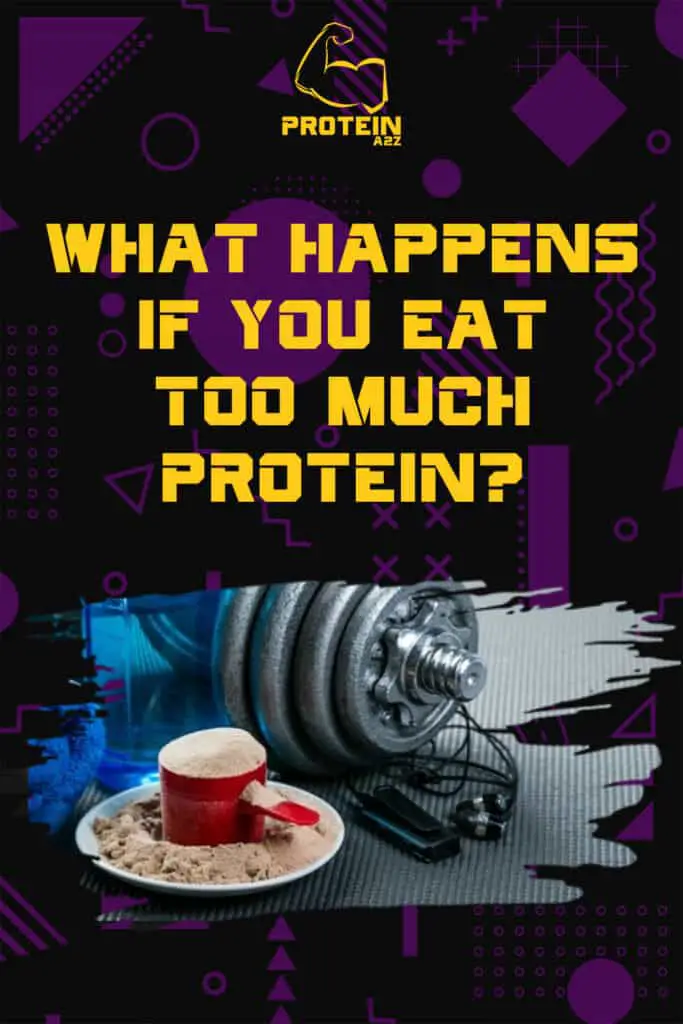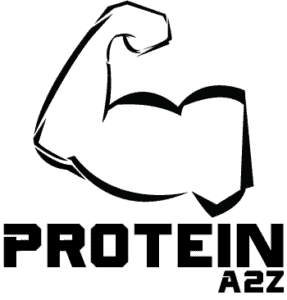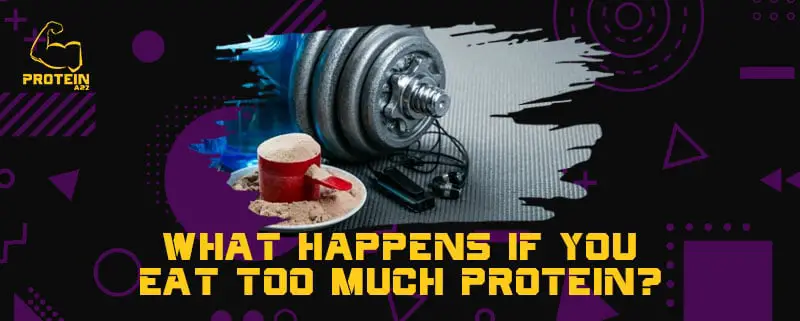Protein plays the leading role in building muscle, repairing bones and recovering our bodies from stressful activities. Like any other substance, however, it can be harmful in excess. Supplying your body with too much protein can lead to health complications such as constipation, diarrhea, dehydration, kidney damage and heart disease.
Table of Contents
Harmful effects of protein overconsumption
If you consume too much protein on a regular basis, your bodily functions will stop working as they should. A good example here is the infamous concept of “rabbit starvation.”
Rabbit meat is extremely lean and contains almost exclusively protein. If you only eat rabbit for a longer period of time, your body will not get enough calories and your kidneys and liver will malfunction, becoming unable to process the huge amount of protein.
Protein high diets can be dangerous. Overconsumption can lead to unnecessary weight gain since excess protein is usually stored as fat by our bodies. Moreover, eating more than necessary amounts of protein often leads to bad breath, due to the metabolic state that too much protein puts you in – ketosis.
Heart disease and calcium loss can be caused too, mainly if you eat too much red meat and full-fat dairy foods. Saturated fat and cholesterol-rich foods play a major role in leading to heart disease as well.
Kidney damage is also linked to overconsumption of protein even in individuals with prior kidney disease as damaged kidneys have trouble dealing with the excess nitrogen from the amino acids that form the protein.
You shouldn’t, by any means be afraid to consume protein, unless you begin experiences any of these side effects on a daily basis.
How long does protein last in your body?
Protein lasts up to 24 hours in our muscles. Moreover, your body naturally synthesizes protein after working out for up to 48 hours. If you are reaching a near-optimal protein intake that you have previously calculated, there is no need to drink an extra protein shake unless you feel like it.
It is easier for your body to synthesize the extra protein needed than to get rid of too much excess protein on a daily basis. Meaning it is better to be slightly under the daily recommended amount you have calculated, rather than a lot over it.
FAQs about protein levels
How much protein is too much?
If you are consuming more than 30% of your daily calorie intake from protein alone, you should probably cut down a bit on the protein intake. One gram of protein is 4 calories, meaning if you usually consume 2000 calories, you should consume no more than 150 grams of protein (giving you 600 calories).
How does your body get rid of the excess protein consumed?
If you consume more protein than your body needs per day, the nitrogen from the amino acids is excreted in your urine. And the remaining compounds of the protein are stored as fat by your body. People with damaged kidneys might encounter difficulties with disposing of the excess nitrogen.
How can I reduce my protein intake naturally?
If you want to reduce your protein intake, try consuming more fruits and stop adding salt to your meals. Avoid eating food like red meat, sausages, salami, canned foods and dairy products. You can eat meat, eggs or fish once a day in moderate amounts.


